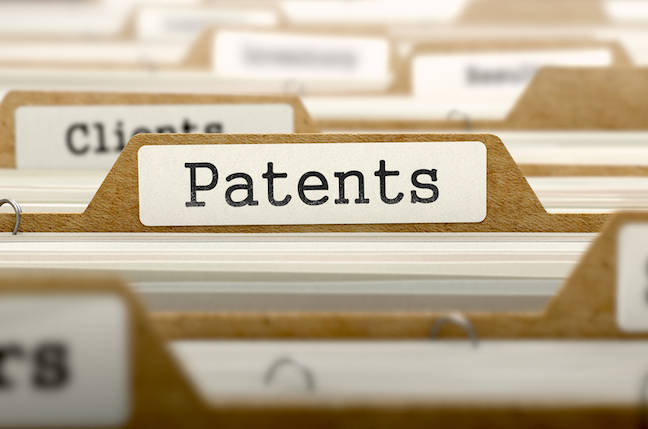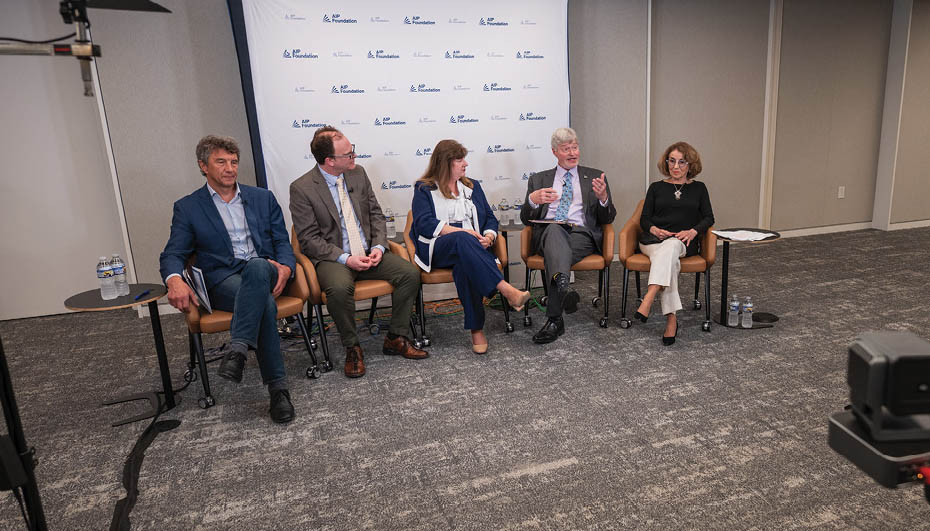Patents and the Presumption of Conformity — Webmink In Draft
Access to the law includes access to the harmonised standards it predicates. But is it right that those standards can include royalty-due patents (SEPs)?
If you have been following the progress of the Cyber Resilience Act (CRA), you may have been intrigued to hear that the next step following publication of the Act as law in the Official Journal is the issue of a European Standards Request (ESR) to the three official European Standards Bodies (ESBs). What is that about? Well, a law like the CRA is extremely long and complex and conforming to it will involve a detailed analysis and a lot of legal advice.
Rather than forcing everyone individually to do that, the ESOs are instead sent a list of subjects that need proving and are asked to recommend a set of standards that, if observed, will demonstrate conformity with the law. This greatly simplifies things for everyone and leads to what the lawmakers call a “presumption of conformity”. You could go comply with the law based on your own research, but realistically that's impossible for almost everyone so you will instead choose to observe the harmonised standards supplied by the ESOs.
This change of purpose for standards is very significant. They have evolved from merely being a vehicle to promote interoperability in a uniform market – an optional tool for private companies that improves their product for their consumers – to being a a vehicle to prove legal compliance – a mandatory responsibility for all citizens.















